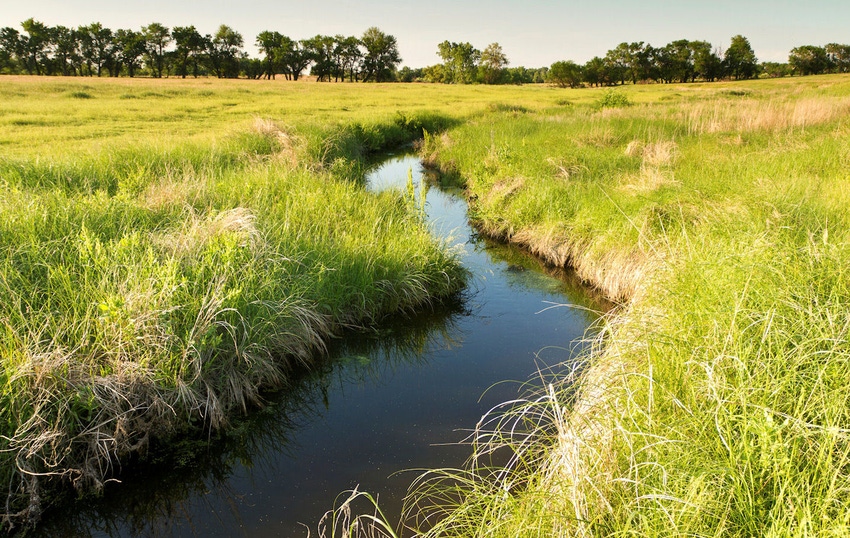Michigan State launches new PFAS research center
Researchers want to know more about risk per- and poly-fluoroalkyl chemicals pose to agriculture, health and natural resources.
May 20, 2020

An interdisciplinary group of researchers at Michigan State University is collaborating to form the Michigan State Center for PFAS Research, a new initiative to explore the health and environmental consequences of per- and poly-fluoroalkyl substances (PFAS).
PFAS are manmade chemicals that have been used for more than 80 years in a wide range of industries.
According to Cheryl Murphy, a professor in the Michigan State department of fisheries and wildlife and the center director, this class includes at least 4,800 different substances, only 40 of which have been studied to date. PFAS are commonly used in nonstick and waterproof coatings, fire-fighting foams, water and stain-resistant coatings for furniture, carpeting, footwear and textiles, among many other applications.
“We’re assembling a unique and diverse group of researchers to study this problem,” said Murphy, whose research focuses on aquatic toxicology, primarily the effects of contaminants on fish populations. Michigan State “is especially equipped to tackle such a formidable task because of our land-grant focus on research and outreach and our leading programs in agriculture, health and natural resources.”
PFAS have infiltrated natural environments, and scientists want to know more about the risk they pose to agriculture, health and natural resources.
The university said the challenge is particularly great throughout Michigan, noting that an Environmental Working Group survey found that Michigan is home to more PFAS contamination sites than any other state in the U.S.
The center currently consists of 15 researchers representing several colleges and departments at Michigan State, including chemistry, engineering, food science and human nutrition, human medicine and packaging. Murphy said to expect the list of researchers to increase.
The primary goals of the Center for PFAS Research are to quantify exposure and risk for people, livestock, crops, fish and wildlife, to develop and test remediation strategies and technologies and to explore safer PFAS alternatives.
The center is supported, in part, by MSU AgBioResearch, which provides research support to more than 340 scientists across the Michigan State campus.
“This is an emerging area of concern for the state of Michigan and the entire U.S.,” said George Smith, associate director of MSU AgBioResearch. “Given the wealth of expertise around the university, the Center for PFAS Research is positioned to become an important factor in the creation of PFAS standards as well as a catalyst to forming key partnerships within academia, state and federal government, public health and industry.”
You May Also Like


.png?width=300&auto=webp&quality=80&disable=upscale)
